Years ago, when I met a famous concert pianist, I was surprised when he greeted me in a northern accent. A soft one, mind you, but completely intact. I’d assumed that, by the time a conductor or soloist reached a certain level of fame, the northern vowels would have been erased by Received Pronunciation or some painful mid-Atlantic hybrid.
I was such a little snob in those days, affecting a languid drawl that had my old schoolfriends in Reading rolling their eyes. But my social climbing had at least given me a good ear for other people’s doctored accents. London was crawling with northern choirmasters and music critics whose self-taught ‘posh’ accents were about as convincing as home-tinted hair (which, incidentally, some of them also sported).
In contrast, this pianist was perfectly happy with the voice he’d been born with. Likewise his friends, top-flight musicians who had studied at the Royal Northern College of Music in Manchester. At which point it was time to confront a more fundamental snooty assumption of mine – that classical music and the North of England didn’t mix, because northern folk, being working-class, preferred brass bands. And, if they were concert-goers, they were aspiring to southern gentility.
How could I have been so ignorant? It didn’t help that my experience of the North was limited to childhood holidays in Blackpool with my grandmother. She was a southerner, but her friends were Lancashire matrons still reeling from the shock of Martha Longhurst dropping dead in the snug of the Rovers Return. (That was very big news in 1964.) The only classical music I heard up there was a snatch of Mozart’s Piano Sonata K545, played freakishly fast in the style of Glenn Gould — by the ice-cream van.
Growing up, I heard about the Hallé and the Royal Liverpool Philharmonic, but didn’t give them much thought beyond wondering how they’d managed to sign up such legendary 19th-century Germans as Hans Richter and Max Bruch as their conductors. (Bruch lived in Sefton Park.)
But this pianist and his friends kept talking about the Hallé, and when — far too late in the day — I listened to recordings of Barbirolli conducting it I realised that it was one of the finest orchestras in Europe. David Oldroyd-Bolt, an authority on music in the North, reckons its dark-hued strings bear traces of pre-war German orchestras.
Anyway, once I’d got my head round the notion of a northern classical tradition I realised what a mighty thing it was. It turned the heir to a St Helens laxative fortune and a Blackburn switchboard operator into, respectively, the most distinctive English conductor and contralto of the 20th century.
Thomas Beecham came from the top rung of the Lancashire middle classes, Kathleen Ferrier from the bottom — but they were gripped by an amateur passion for making music that was especially uninhibited in the North and the Midlands. Ferrier’s break came when she entered the Carlisle Festival as a pianist; her husband bet her a shilling that she wouldn’t dare try for the singing prize, too.
The great champion of that marvellous velvety voice was Neville Cardus of the Manchester Guardian, the first music critic to be knighted. He had left school at 13. The much-missed Michael Kennedy began as a tea boy in the Manchester office of the Daily Telegraph and wrote the Oxford Dictionary of Music while working as the paper’s northern editor. He and his Yorkshire-born wife Joyce, a GP and author of books on opera, founded the Joyce and Michael Kennedy Award for the Singing of Strauss.
This summer, Joyce took me to hear the Hallé play Mahler at the Proms. It has never sounded better: under Sir Mark Elder, Manchester still has a world-class orchestra. And when we went downstairs afterwards, musicians came rushing out of their dressing-rooms to embrace her. The air was thick with northern accents. I felt like an effete Home Counties imposter.
So the tradition is still with us, sustained in part by acoustically superior concert halls (though I don’t think London needs Simon Rattle’s £278 million vanity project in order to compensate). But for how long?
According to Oldroyd-Bolt, northern music-making thrived because it was ‘a great engine of middle-class self-improvement. Bright people who couldn’t go to university channelled their energy into classical music instead.’ In other words —and this was true of provincial Germany as well — classical music was a means of bettering yourself.
But things have changed. Music teaching, once the pride of the grammar schools of the North, is as wretched in northern comprehensives as it is anywhere else. The concepts of self-improvement and even musical appreciation are as outdated as the Edwardian music hall. The question is: can classical music flourish without them?
I’d say the answer is no — but that it has found an unlikely saviour outside Europe. In China, 40 million people are learning the piano, driven by roughly the same bourgeois instincts as the Harrogate solicitors and Cheshire housewives of yesteryear. This new infatuation has already given us Lang Lang, a mixed blessing if you ask me. But one day we’ll hear a Chinese Kathleen Ferrier and then we’ll know that the future of classical music is safe.
Got something to add? Join the discussion and comment below.
Get 10 issues for just $10
Subscribe to The Spectator Australia today for the next 10 magazine issues, plus full online access, for just $10.

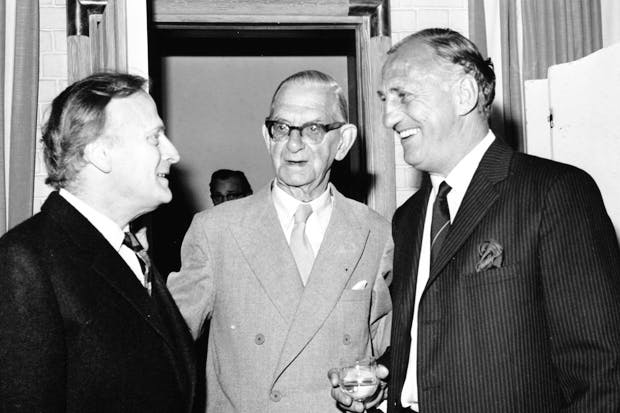
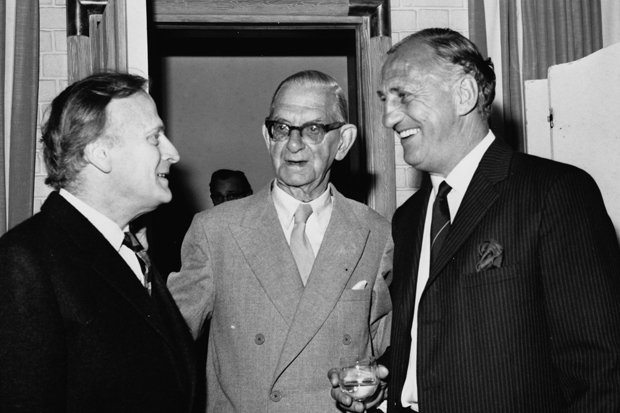
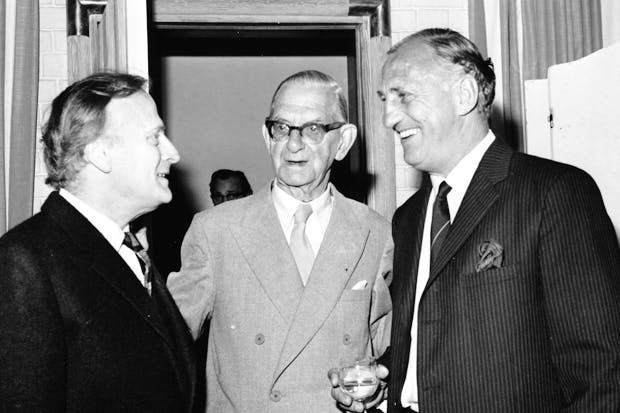

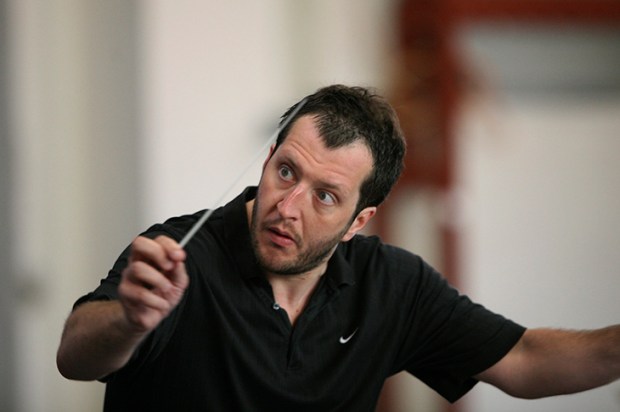
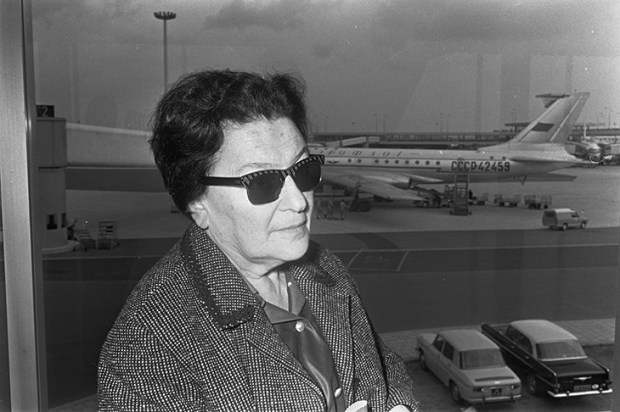
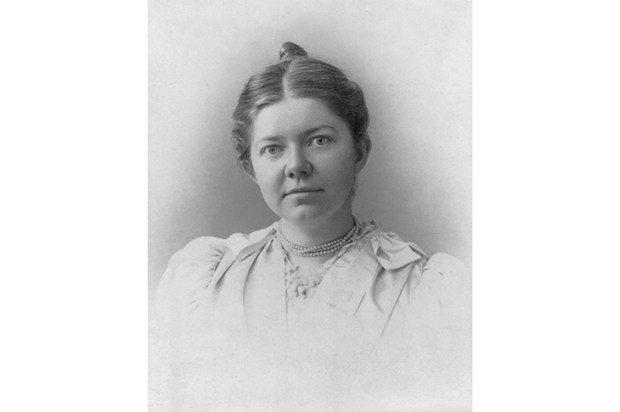






Comments
Don't miss out
Join the conversation with other Spectator Australia readers. Subscribe to leave a comment.
SUBSCRIBEAlready a subscriber? Log in